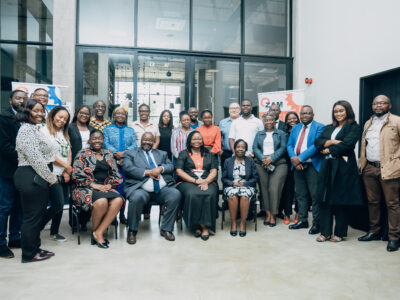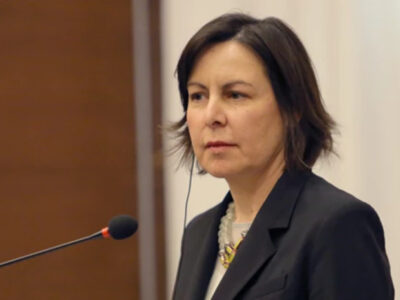The United Nations Economic Commission for Africa (UNECA) has urged the Zambian government to ensure that the extraction and processing of critical energy transition minerals do not lead to environmental degradation, community displacement, job losses, or worsening social inequalities.
UNECA Sub-Regional Office for Southern Africa Director, Eunice Kamwendo, stressed the need for African governments to act decisively to maximize the continent’s vast endowment of these minerals.
Speaking at the Stakeholder Engagement Meeting on Fostering Environmentally and Socially Responsible, Decarbonized, Inclusive, and Transformative Value Chains for Energy Transition Minerals in the SADC Region in Lusaka on Thursday, Kamwendo called for bold leadership to make Zambia—and by extension, Africa—a global model for sustainable, inclusive, and transformative mining.
“It is our hope that interventions through the Green and Inclusive Approach to Mineral-Based Development and Industrialization project, via the activities of the six consortium members, will move us closer to the Africa we want—a minerals sector that drives socio-economic transformation,” she said.
She emphasized that Zambia’s approach should be anchored in green principles, equitable benefit-sharing, and sustainable job creation.
Kamwendo reaffirmed UNECA’s support for responsible mineral development, value addition, and stronger value chains to leverage opportunities presented by the African Continental Free Trade Area (AfCFTA).
Similarly, the World Wide Fund for Nature (WWF) Zambia stressed that the global energy transition must align with the environmental, social, and economic goals of the Sustainable Development Goals (SDGs).
WWF Zambia Country Director, Nalucha Ziba, highlighted the importance of addressing poverty, empowering women, and reducing global inequalities as part of the transition.
“A shift away from fossil fuels will increase demand for electric vehicles and battery storage systems, further driving investment in solar and wind energy,” Ziba stated.
She added that expanding the renewable energy base would not only power energy-intensive mining and manufacturing but also help provide electricity access to the 650 million Africans who currently lack it.
“The world is rapidly shifting its energy sources to meet the Paris Climate Agreement goals and limit global temperature rise to 1.5 degrees above pre-industrial levels,” Ziba said.
WARNING! All rights reserved. This material, and other digital content on this website, may not be reproduced, published, broadcast, rewritten or redistributed in whole or in part without prior express permission from ZAMBIA MONITOR.












Comments